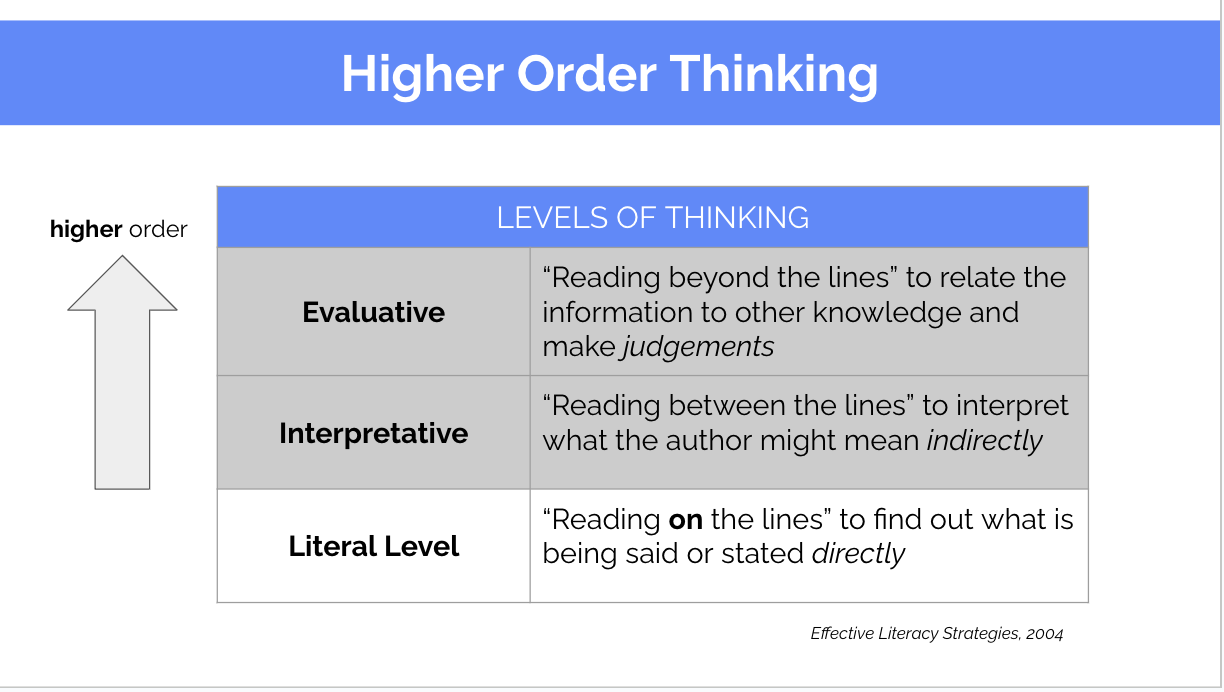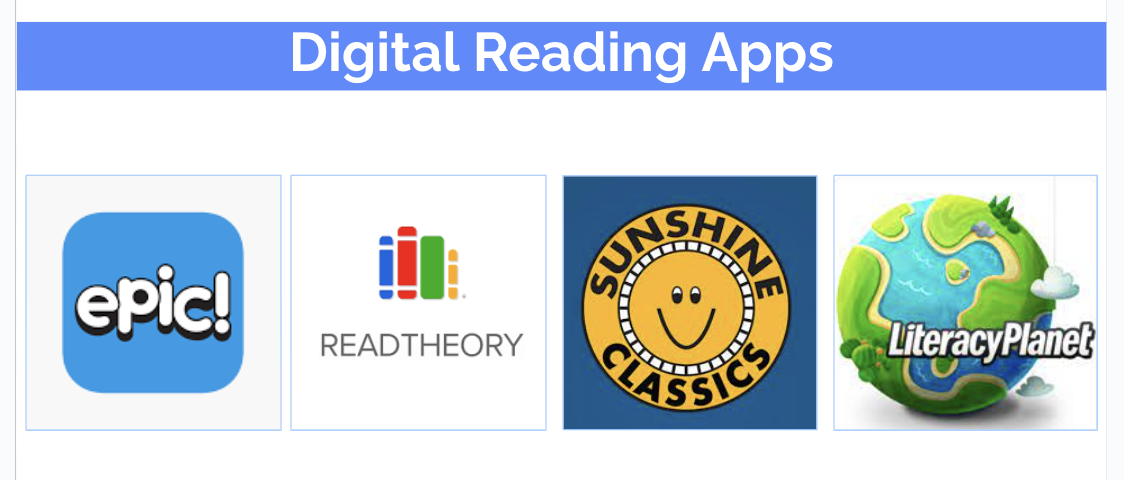We are done! Which is really crazy if you think about it. We started this course at the start of the year ... and now we are almost at the end of term 3. Where has the time gone?
Today, we went through the things we had covered over the past 9 weeks (I'm not going to lie, I had to go back to my notes, which is almost a 1B5 book completely full, as it had been a while). Then we discussed sharing and how we can add it to our classroom authentically.
I really liked the idea of adding just simple discussion options with reading tasks e.g. vocab tasks but sharing their understanding of the vocab or sharing their understanding of the task whether it is orally or on the blog.
One thing I would love to know is how to engage the year 7/8 students with blogging as they now can't stand it and it is a battle for me to get them to post to their blog. I would love to know if anyone has any ideas.
DESCRIPTIVE FEEDBACK
 We also looked at how we could engage with our whānau. Sharon and I came up with the idea of creating our own little library which was full of books that the families of the class enjoyed. This would mean that a child could check a book out (which has been suggested by a student and their family) and enjoy it with their own family. This would be a cool way to promote reading engagement at home.
We also looked at how we could engage with our whānau. Sharon and I came up with the idea of creating our own little library which was full of books that the families of the class enjoyed. This would mean that a child could check a book out (which has been suggested by a student and their family) and enjoy it with their own family. This would be a cool way to promote reading engagement at home. 













